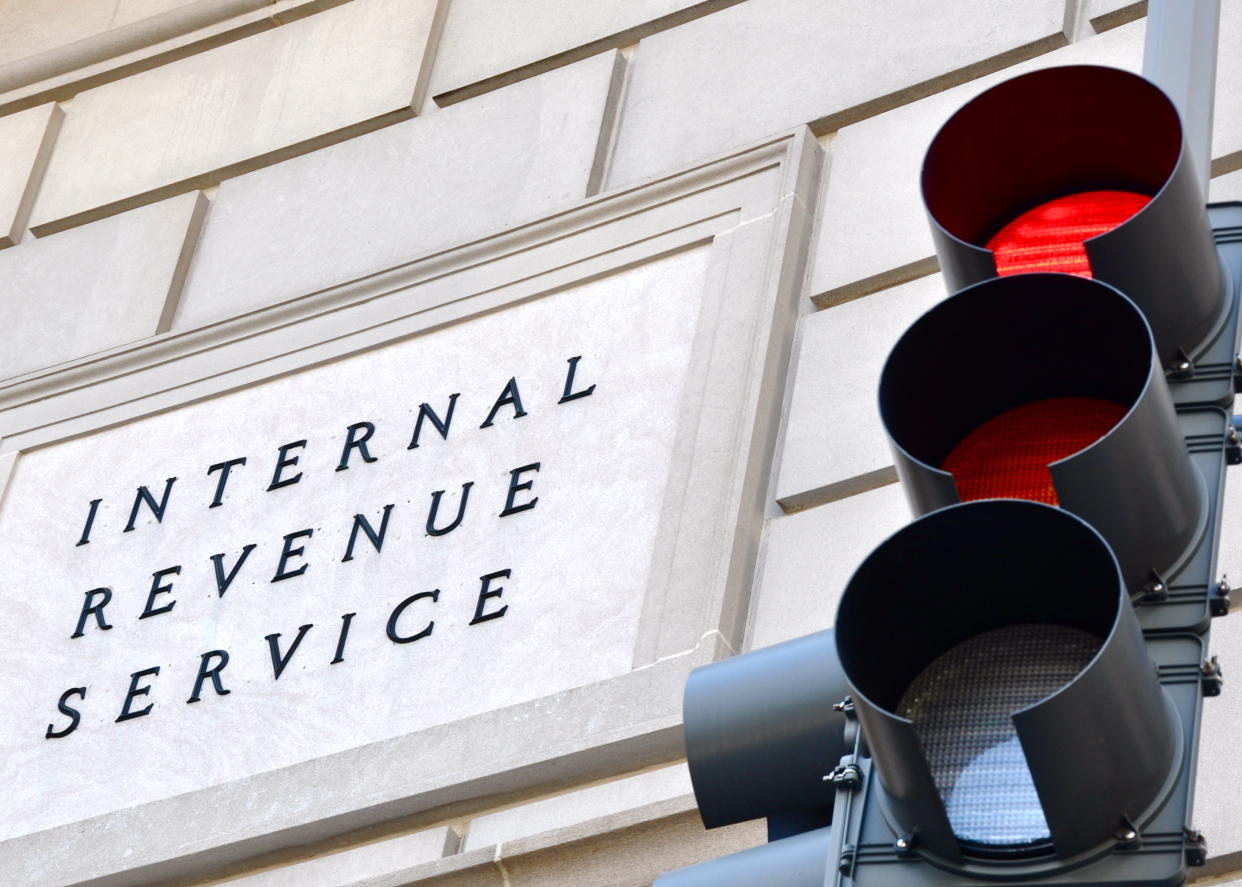The watchdog for the Internal Revenue Service blasted the agency for failing to provide timely guidance on state stimulus payments, creating unnecessary complexity for millions of American taxpayers this tax season.
"The impact of the delay in providing timely information and guidance is hard to overstate," Erin M. Collins, the National Taxpayer Advocate, wrote Thursday in a blog. "Giving taxpayers a choice between waiting to file their returns and receive their refunds or filing returns now that the IRS may later determine to be inaccurate is not acceptable."
Nearly three weeks into the filing season, the IRS has yet to provide guidance on whether tax rebate checks states sent out last year are taxable income on their federal returns. The agency only acknowledged the state taxability issue last week, saying taxpayers should hold off on filing their returns and clarification would come soon.
But not soon enough, according to the Taxpayer Advocate.
'IRS has known the issue for months'
Taxpayers, tax professionals, and even tax software companies need time to plan for the new laws and regulations. And Americans who already submitted taxes may need to go through the burden of amending returns due to the late guidance. The situation is even more dire for families who are counting on tax refunds for daily needs.
"Since refunds can make up as much as 30% of a low-income family's annual income, tax season delays can seriously affect the financial well-being of low-income households and households of color," said Joanna Ain, associate director of policy at nonprofit Prosperity Now, previously told Yahoo Finance. "These payments can be lifelines for households, helping families meet daily needs and be used to build emergency savings."
This outcome could have been prevented, Collins said, because the IRS has known about the tax issue around state stimulus payments for a while. More than 20 states gave out these tax refunds, rebates, and expanded credits in 2022, and many households received money under the state programs.
California alone sent out nearly $9.5 billion for its Middle Class Tax Refunds in 2022 and stated that the amount is not taxable for state purposes, but "may be considered federal income."
"The IRS has known for months that there is uncertainty about the tax treatment of these special state tax refunds or payments, and it has also known the answers may affect tens of millions of taxpayers,” Collins wrote. “Yet to date, it has issued no specific guidance whatsoever."
Not the first time this season
This is the second instance recently that the IRS has made an untimely decision.
In late December, the IRS backed away from implementing the new $600 reporting threshold for 1099-K tax forms, a change that was causing “lots of confusion and lots of angst, and more administrative burden,” Tom O'Saben, an enrollment agent and director of tax content at the National Association of Tax Professionals, previously told Yahoo Finance.
The new 1099-K reporting rule required third-party transaction networks such as Venmo, Paypal, eBay, and Etsy to issue a 1099-K for users with more than $600 in payment transactions during the year. This new rule would have impacted millions of taxpayers, given how many Americans use these platforms, but the amounts listed on the 1099-K forms may not have been taxable, depending on the circumstances.
"The IRS must issue guidance and provide education in a proactive and timely manner,” Collins wrote. “Timely guidance is vital to taxpayers, tax professionals, and the industry, and it is just good tax administration.”
Rebecca is a reporter for Yahoo Finance.
Click here for the latest stock market news and in-depth analysis, including events that move stocks
Read the latest financial and business news from Yahoo Finance
Download the Yahoo Finance app for Apple or Android
Follow Yahoo Finance on Twitter, Facebook, Instagram, Flipboard, LinkedIn, and YouTube
Source: Read Full Article
